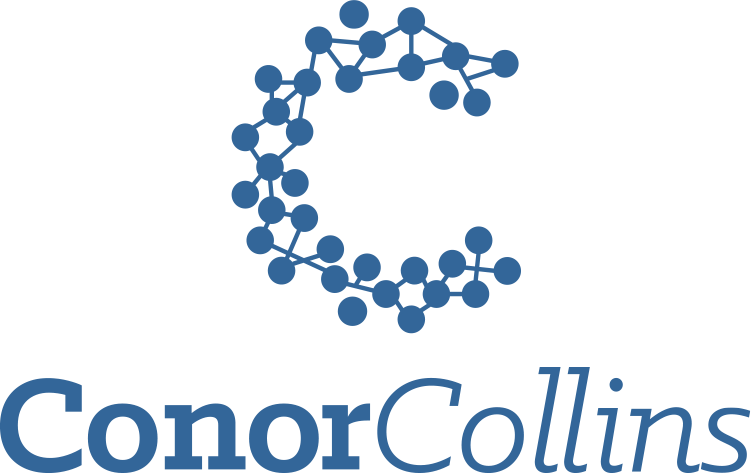This summer marked the five year anniversary of my working in a sport and rehabilitation setting. I’ve been reflecting on how my practice has changed and stayed the same during this time and I’ve come to some conclusions.
When reflecting on my early clinical experiences as a student therapist, our clinic supervisor always set the standard for being an advocate on behalf of the client within the therapeutic relationship. This piece of advice really resonated with me, and I decided to set it as a foundational approach in growing my own future practice.
In theory, a practice could be built from the ground up by accomplishing this basic and foundational task. The goal is to be a dependable and trusted healthcare provider, where clients could feel comfortable asking questions and bring up any concerns. Providing a client-directed space seemed to set the course for developing an effective individual treatment plan for many. Admittedly, creating a space for the client does not always happen immediately and can take time between visits. Setting the foundation for a successful therapeutic relationship seemed to be a propelling factor in the growth of my business. The advantage of starting a practice in a small town and tight-knit community is word of mouth. Word of mouth is often one of the best marketing strategies, the result being referred clients based on connection and trust.
Easier said than done? Yes. This by definition is a very broad and general approach to growing a practice; what else specifically needs to be accomplished to experience growth? To answer that, it is absolutely dependent on many individual factors of one’s business. Based on my experience, I was able to compile several key points that I believe propelled my business forward.
- Client-Therapist Communication and Treatment Plan Goal Setting
Client-therapist communication is at the core of developing client-centered treatment goals. Being able to manage client goal expectations is another useful skill that came with more experience. Sometimes client goals and treatment expectations may need to be modified and communicated accordingly. Presenting the best course of action (based on client intake and assessment) can be helpful to clients so they can reach their modified goal. For example, a client may not be completely pain free; however, a therapist can suggest ways in how the client may be able to manage their pain, maintain activities of daily living and minimize the impact of symptoms in their everyday lives. Setting attainable goals can be key to building a client-therapist therapeutic relationship.
- Measurability Through Assessment and Follow-up
Collecting measurable data throughout the treatment plan, can provide insight to how a client may be progressing and if further treatment or a referral may be necessary. Obtaining measurable findings can be one way in which one can advocate for the client.
- Adaptability
The skill of “therapeutic adaptability” can arguably be a product of clinical experience combined with continuing education experience. If a client is not responding as expected to their treatment plan, the therapist may need to adapt and provide a safe, alternate treatment approach. For example, using other techniques in which the practitioner has training (that are indicated through assessment and follow-up re-assessment). The client may appreciate this, hopefully maximizing clinical outcomes.
- Empathy and Compassion
Each person that walks into your treatment room lives a life as vivid and complex as yours. Many day-to-day stressors and events can influence certain symptoms. Listening to the client and being present can be one way a massage therapist can advocate client care. Again, referring to other healthcare practitioners if necessary. Creating a trusted therapeutic relationship can take time.
Growing a business within healthcare is not easy and can be a competitive industry. Many other factors can play into the success of a business such as marketing strategies like social media marketing, SEO updating, community engagement, etc. This is all above and beyond the financial stressors and logistics required to start up a small business. My advice for new graduates interested in starting a small business has always been to gain success from the “ground up”; ensuring you offer an expertise that gives you a competitive advantage within the industry, and that you continue to advocate for the client’s health and well-being.
If you’re looking to grow your understanding of concussions and how to assess, treat, and rehabilitate this often daunting injury- registration is now open for the October 2022 course! Link here: https://conorpcollins.com/courses/
About the Author
Chris is a Massage Therapist and acupuncture practitioner from Ingersoll, Ontario with a special interest in managing concussion and sports injuries. While not in clinical practice Chris has served as an Instructor in Massage Therapy at the Canadian College of Massage and Hydrotherapy.
With prior education and experience as a Kinesiologist, Chris has a passion for movement and how it translates to improved patient outcomes. Whether it’s managing your symptoms virtually, or assisting students in preparing for an exam, Chris is excited to help you on your journey.



Recent Comments